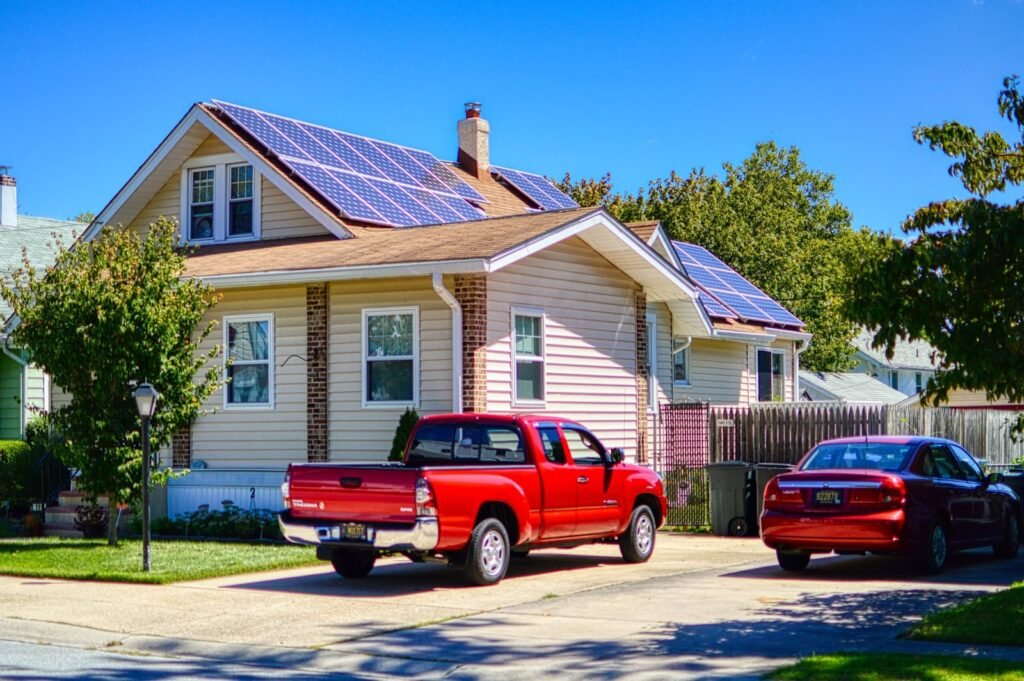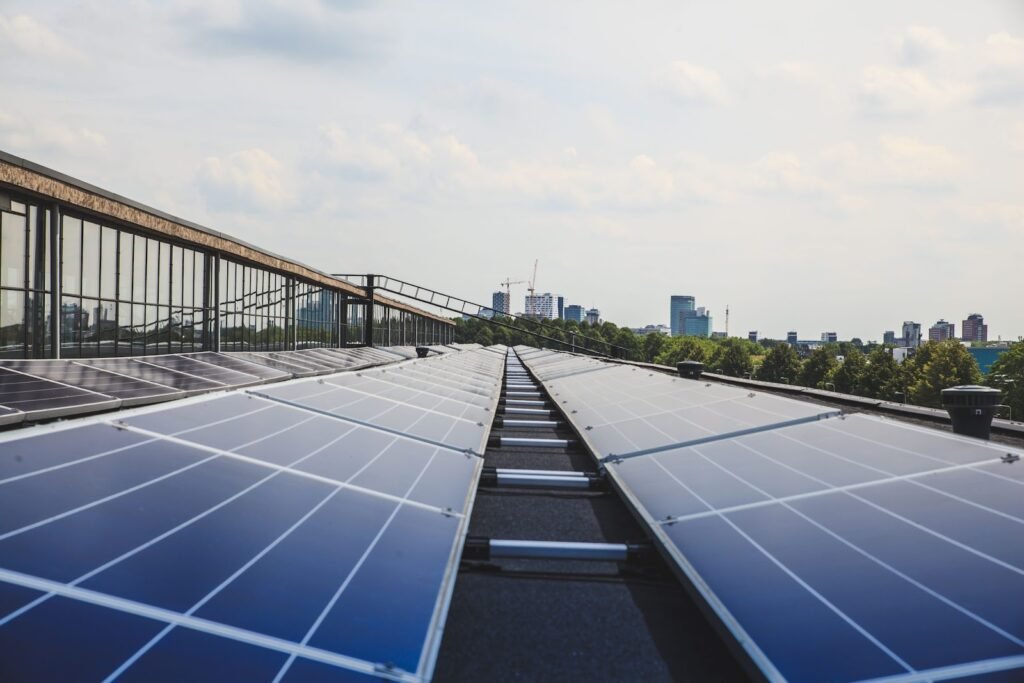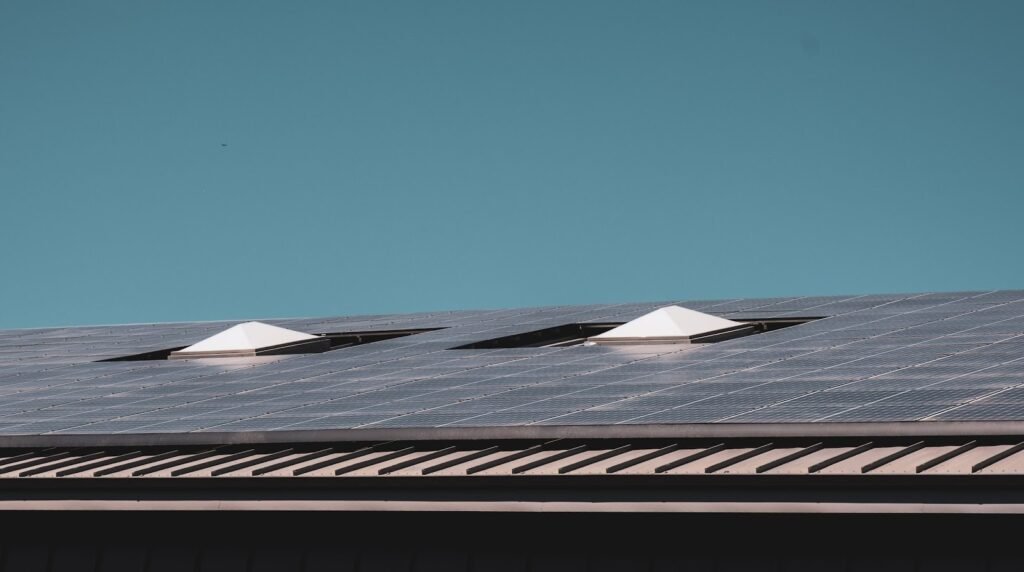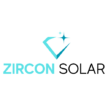Will Solar Panels Get Cheaper in 2024?
How Much Does a Solar Panel Cost in 2024?
Solar panel installation has steeply increased since 2022 due to the increased fed rate spikes and material prices. But thankfully, thanks to the inflation reduction act, the price of solar panels is decreasing again. With the federal solar tax credit increase, solar companies are working to make sure solar panels get cheaper in 2024!
The price of solar panels is expected to decrease in 2024 due to a drop in polysilicon costs. Polysilicon, also known as polycrystalline silicon or multicrystalline silicon, is a high-purity silicon used in producing photovoltaic and electronic materials. Solar panel manufacturers can make their products cheaper for consumers by reducing the cost of polysilicon.
The price of solar modules for international markets in 2024 is expected to follow the forecasted drop in polysilicon costs. This is according to research conducted by Clean Energy Associates (CEA). The decrease in prices could be significant, allowing consumers access to more affordable solar technology.
What’s the average solar installation costing for most homeowners in 2024?

Solar panel prices in the United States have dramatically decreased over the past decade, with an average cost of around $20,020 as of 2024.
Various factors can influence the cost of a solar system, including system size, state, and panel brand. In this article, we will provide insight into these variables to better understand the financial implications associated with purchasing solar energy.
What’s the future looking like for solar prices and solar power systems?

The cost of solar technology is continually decreasing, providing more affordable options for consumers. According to Bloomberg, the cost of solar is projected to drop an additional 34% by 2030.
This price decrease could represent a significant saving, making solar energy an increasingly viable choice for consumers.
What is the cost of solar panels on average in 2024?
In 2024, the average cost of a solar panel installation in the United States is estimated to be around $20,020 after taking into account the federal solar tax credit. This equates to an average cost per watt of $3.50 (before tax incentives).
A range of factors can affect the final cost of a solar panel system, such as system size, state, and brand.
Will solar installations keep getting cheaper?
Yes, the cost of solar power systems is likely to become more affordable over time. The past decade has seen a noteworthy reduction in the costs of lithium batteries, inverters, and even solar panels, showing this continuing trend toward greater affordability.
This can mean greater savings for consumers looking to install solar in their homes.
Installing solar panels by 2025
Research into solar energy costs suggests that they may be cheaper than wind energy by 2025, with an average cost of $31/MWh.
Further projections indicate that the average cost of solar energy in 2050 could be as low as $17.6/MWh – significantly lower than the predicted cost of wind, estimated at $21.5/MWh.
Does a solar energy system cost give good ROI?

Investing in solar panels is often seen as a smart financial decision, yet many homeowners may wonder when they can expect to see their return on investment.
According to reports, the average U.S. homeowner usually recovers their full investment after around seven years, making solar panel installation a long-term cost-saving solution for those looking for energy independence.
Upfront costs and Cost reduction incentives for homeowners installing a solar energy system
Installing solar panels is a fantastic way to reduce your energy bill, but it can be difficult to know when you’ll start seeing the savings pay off. Generally, the average U.S. homeowner will see their solar panel investment pay for itself in around eight years. However, various solar incentives, state-level solar incentives, local incentives, and financial aid programs can reduce this time frame significantly.
For example, most states have renewable energy credits, offering additional savings on top of existing federal tax credits designed to make going solar more affordable. Also, leasing options such as Power Purchase Agreements are available for those who may not want to purchase a system outright or cannot do so.
With these options in mind, homeowners can maximize their return on investment and decrease the time it takes for their solar panel installation to pay off. Thanks to the inflation reduction act, the federal solar tax credit has also increased by 30%, allowing a huge offset in price when purchasing a solar photovoltaic system.
More homeowners are wondering whether they should wait before purchasing their solar system

Deciding to install solar panels can be tough, and many homeowners may wonder if they should wait or take the plunge now. When considering this question, it’s important to note that installing solar sooner rather than later could help you maximize your savings due to the various incentives and tax credits available.
Additionally, waiting to go solar could mean missing out on technological advancements that lead to higher-quality systems with longer lifespans. Finally, since energy prices generally increase over time, those who decide to wait may spend more in the long run. Therefore, for most individuals, the best option is typically to take advantage of the available incentives and install solar now.
So are solar panels in 2024 a good investment?
Yes, solar panels in 2024 are a great investment. Net metering programs allow homeowners to offset the cost of their power bills by selling extra electricity generated back to the electrical grid (net metering is a law, and many utility companies offer net metering programs).
In addition, SREC programs (Solar Renewable Energy Credit) enable individuals who install solar panels to receive credits for each megawatt-hour of energy that panels produce. Rebate programs and incentive programs further reduce the upfront costs of installation and make going solar even more attractive financially.
All these financial benefits significantly impact the total cost of ownership and make solar panels a better investment than ever before. With all these incentives available, you can expect a shorter solar payback period on your investment with an overall higher return on investment over time compared to other investments.
Investing in solar panels in 2024 is a wise decision that can provide you with long-term financial benefits. Contact Zircon Solar today to learn more about how residential solar panels can benefit your home. Our business goal is to help you cut those nasty energy bills and offer you solar prices that will for sure make you happy! So what are you waiting for? Here At Zircon Solar, we can get rid of that electricity bill NOW!
-
Will Solar Panels Get Cheaper in 2024?
- How Much Does a Solar Panel Cost in 2024?
- What’s the average solar installation costing for most homeowners in 2024?
- What’s the future looking like for solar prices and solar power systems?
- What is the cost of solar panels on average in 2024?
- Installing solar panels by 2025
- Does a solar energy system cost give good ROI?
- Upfront costs and Cost reduction incentives for homeowners installing a solar energy system
- More homeowners are wondering whether they should wait before purchasing their solar system
- So are solar panels in 2024 a good investment?
- Save More On Your Electric Bill!
Save More On Your Electric Bill!
Get A free consultation and see how you can save with solar today!
Free Consultation